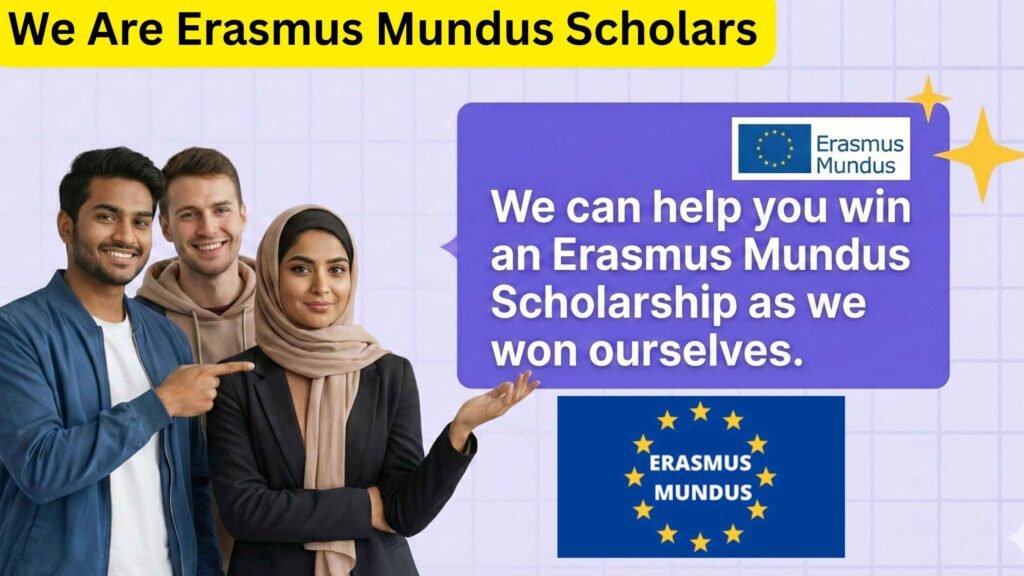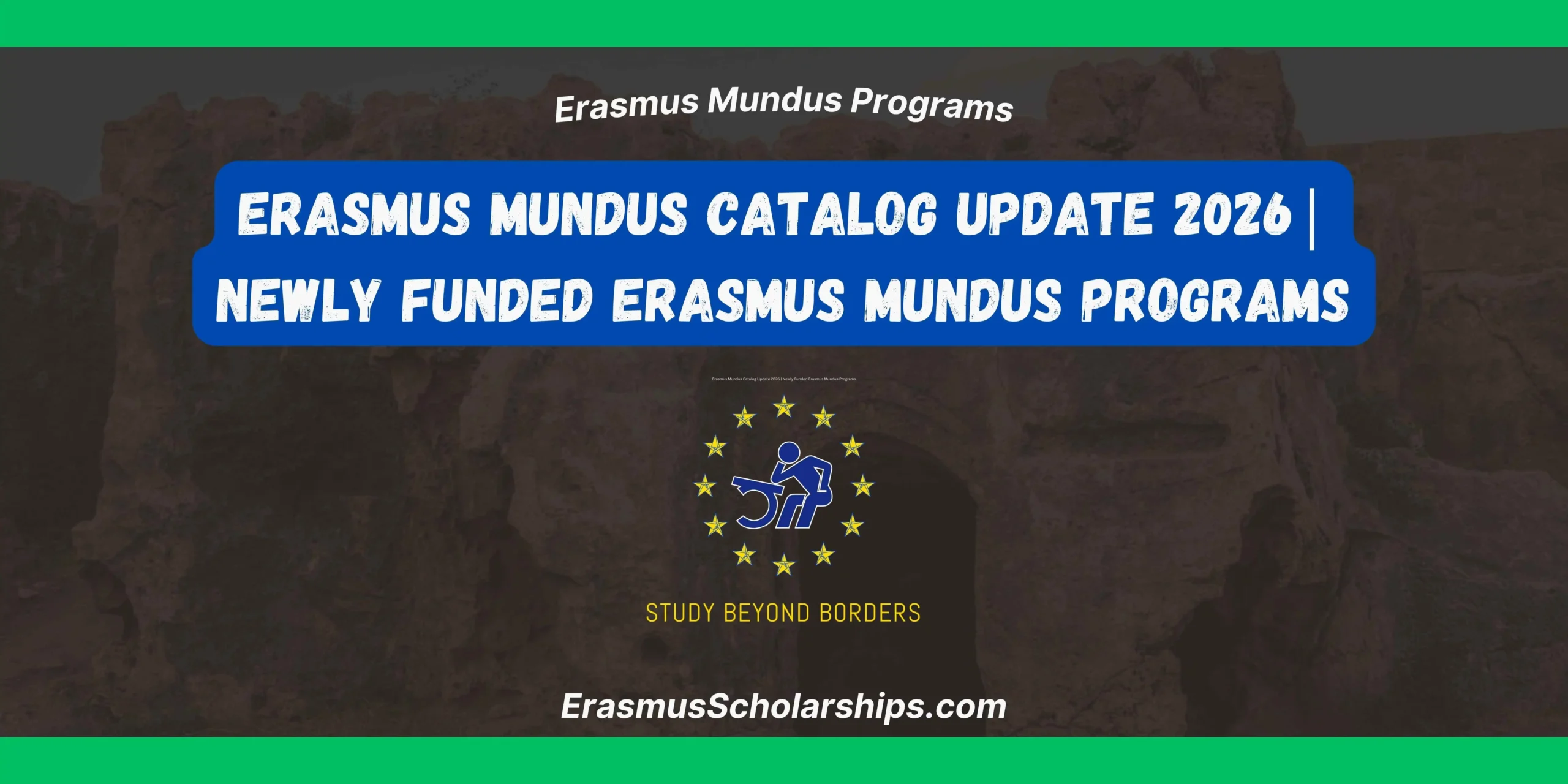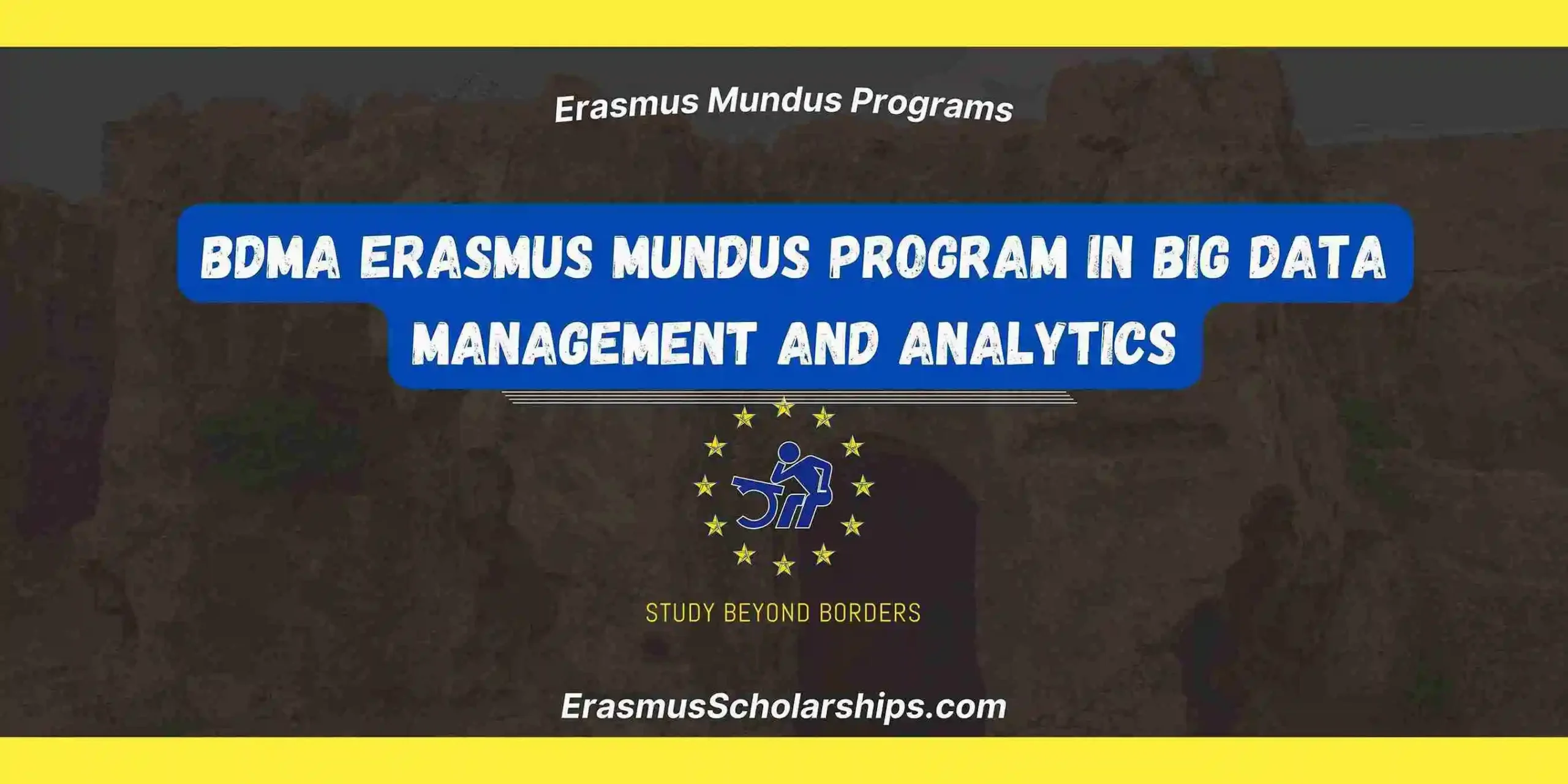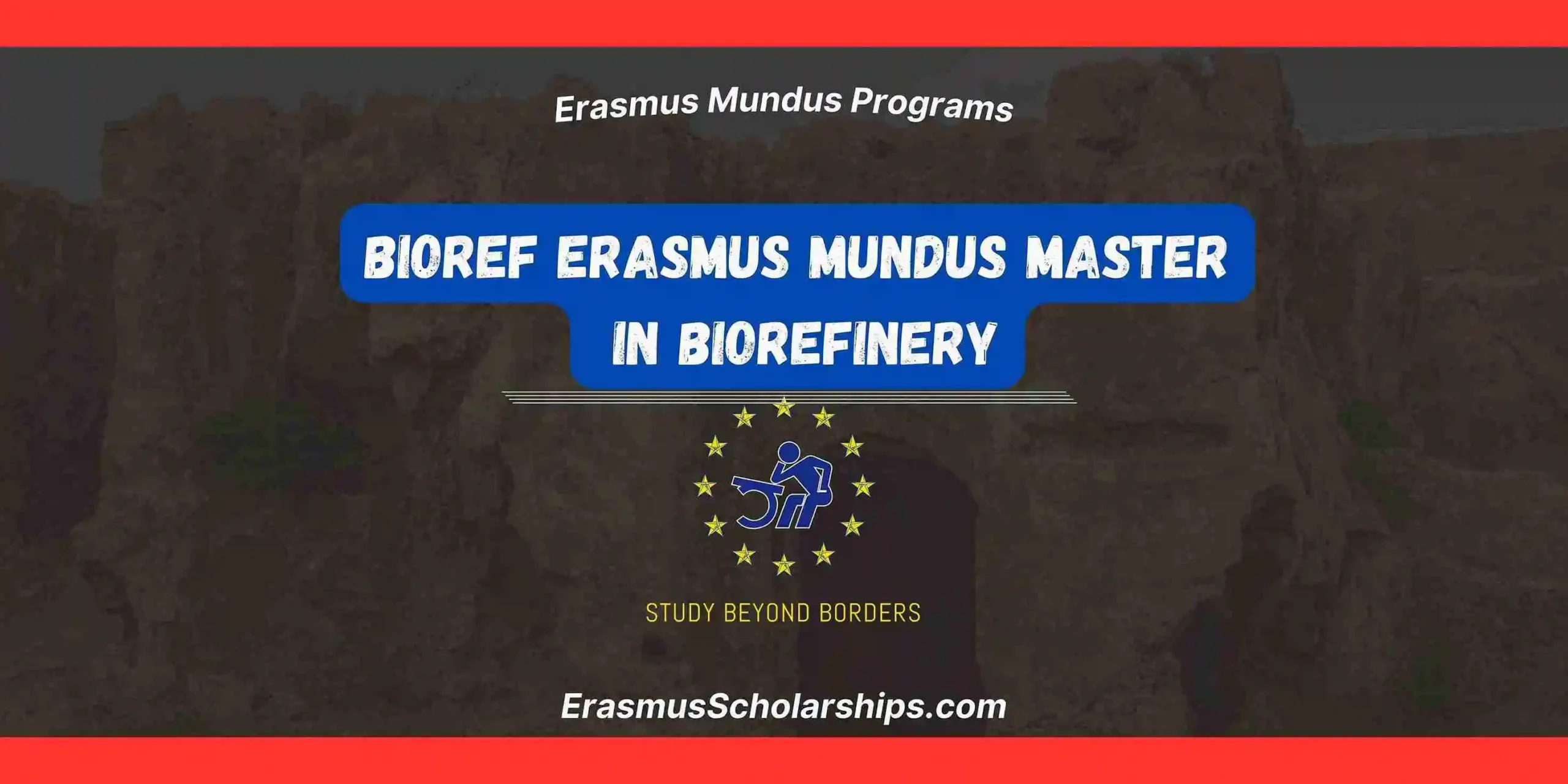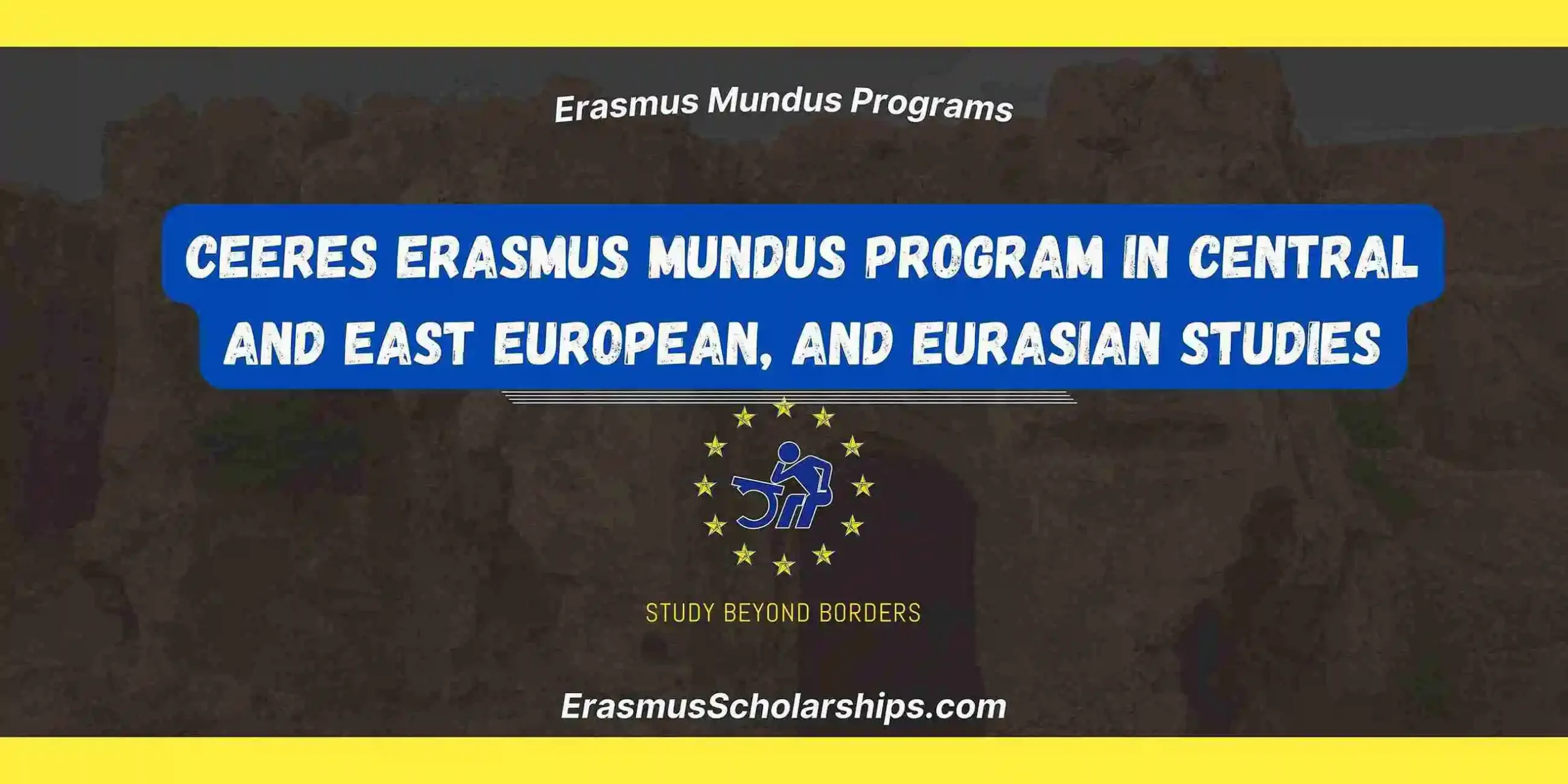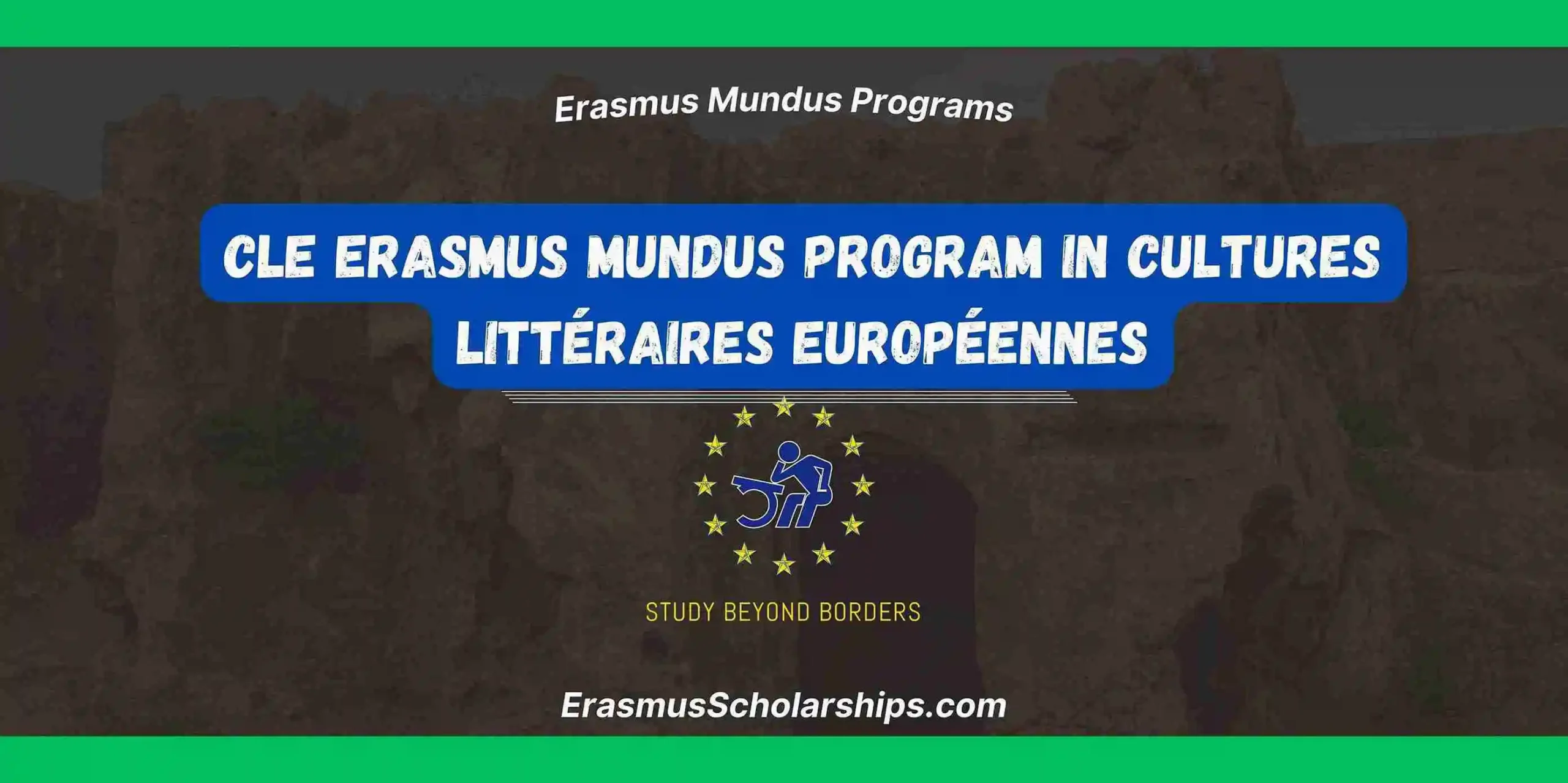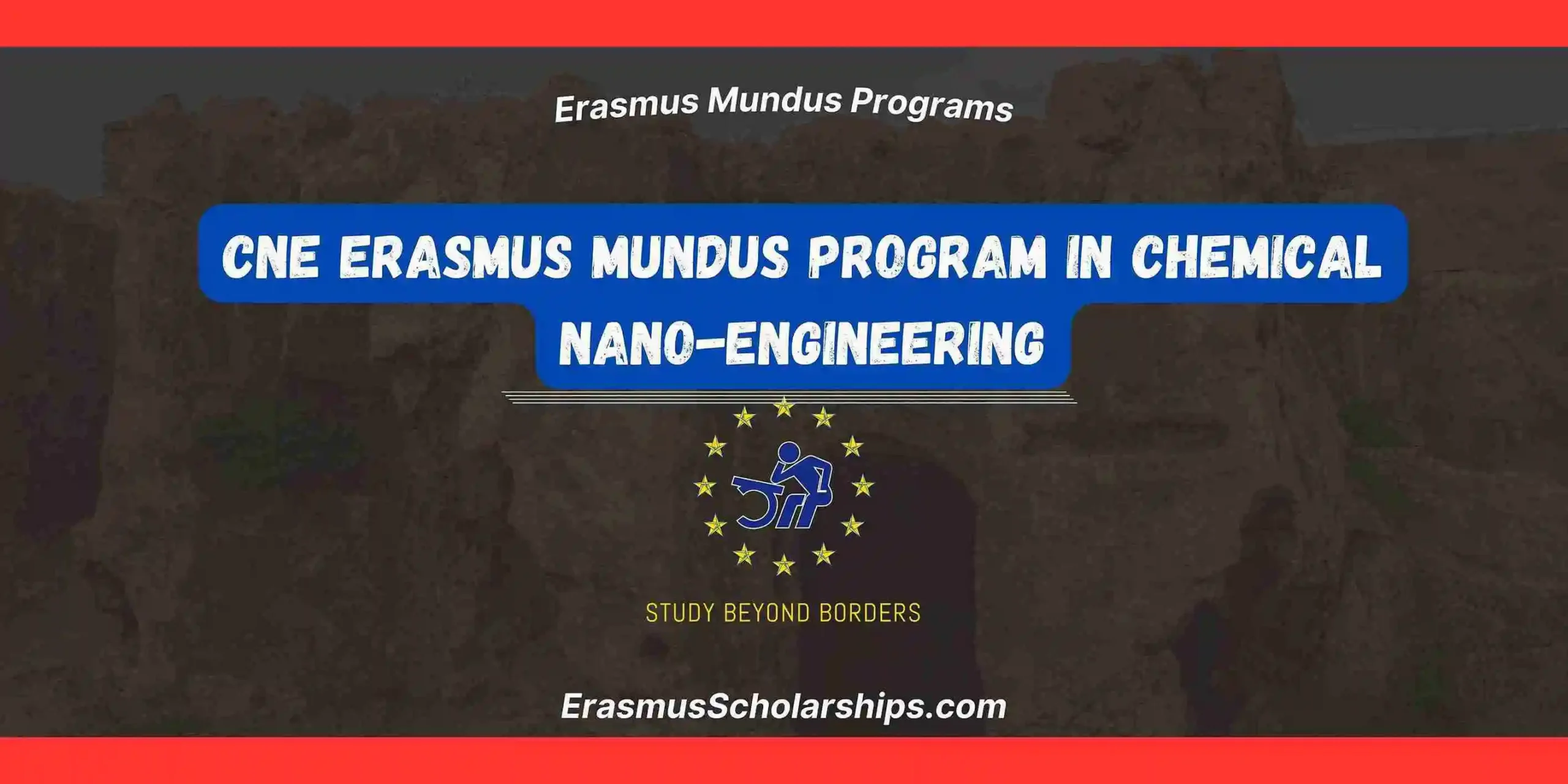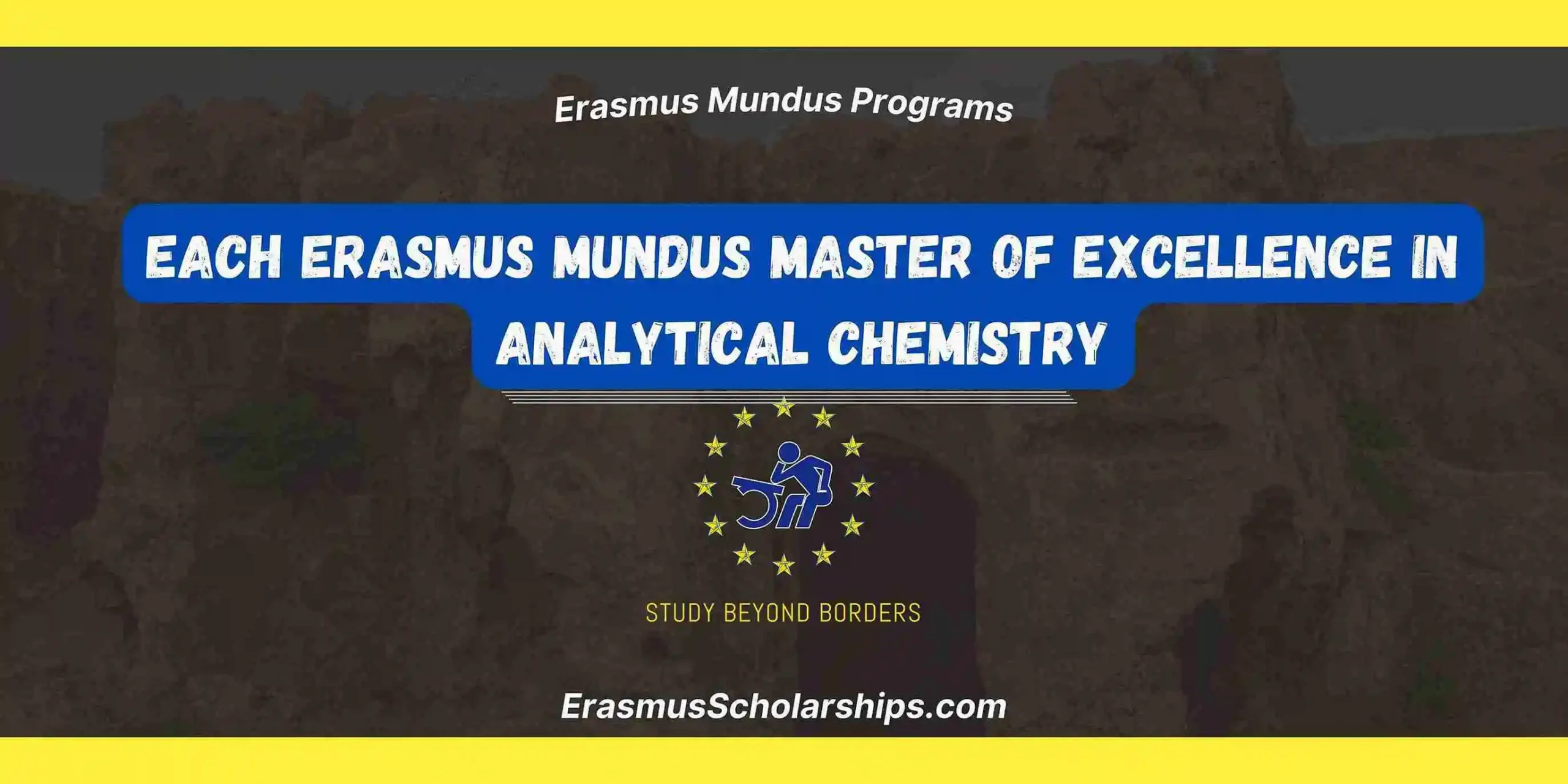The i-MESC Erasmus Mundus Joint Master is a cutting-edge, two-year interdisciplinary graduate program funded by the European Commission. Launched in 2023 and running through 2029, i‑MESC equips students with both scientific fundamentals and hands-on applications in electrochemical energy storage and conversion—think batteries, supercaps, fuel cells at scales ranging from molecular materials to full device prototypes
This program blends rigorous coursework with innovative teaching—virtual and mixed reality, digital twins, AI modeling and a four-country mobility scheme with a global roster of researchers and industry partners. From theoretical foundations to practical applications, the program offers state-of-the-art lab training, industry internships, and innovative teaching tools like virtual reality and AI-based simulations. To prepare the next-gen energy experts for impactful careers in academia, industry, and beyond .
Project Status
- Status: Ongoing
- Start date 01-09-2023
- End date 31-10-2029
- Action Type: Erasmus Mundus Joint Master Degrees
- Universities Involved
- Countries Involved
The i‑MESC Erasmus Mundus program allows students to study at four top European universities, focusing on interdisciplinary training in materials for energy storage and conversion.
| Université de Picardie Jules Verne |
| Université Toulouse III |
| Warsaw University of Technology |
| University of the Basque Country (UPV/EHU) |
| University of Ljubljana |
| France |
| Poland |
| Spain |
| Slovenia |
This cross-border collaboration allows students to gain an international perspective while studying and researching in the heart of Europe’s academic and industrial hubs.
Description of the i-MESC Erasmus Mundus Program
i‑MESC is the only interdisciplinary MSc focused specifically on materials for energy storage and conversion, integrating physical chemistry, electrochemistry, materials science, AI, digital twins, and device fabrication A highly international program, it balances science with soft skills, communication, ethics, project management, entrepreneurship, using innovative virtual reality teaching methods
Key Features of the i-MESC Erasmus Mundus Program
- 120 ECTS: Four semesters—three in-class (Warsaw, Toulouse, Bilbao/Ljubljana/Amiens) + one thesis abroad
- Mobility-rich: Students move to at least two of the four study countries.
- Hands-on experience: Lab work, pilot lines, industry-linked thesis (Bosch, Renault, Solvay, etc.)
- Innovative pedagogy: VR/MR tools, digital twins, AI integrations.
- Soft skills modules: Project management, patent literacy, interview prep, ethics
Mobility Tracks of the i-MESC Erasmus Mundus Program
- Semester 1 (Warsaw): Electrochemistry, solid-state chemistry, lab basics
- Semester 2 (Toulouse): Advanced electrochemistry, materials, device technology
- Semester 3: Choose among Bilbao, Ljubljana, or Amiens—focus on synthesis, characterization, device engineering, AI/digital twins
- Semester 4: Research thesis anywhere within the global consortium
Admission Requirements
- Bachelor’s in Chemistry, Physics, Chemical Engineering, Materials Science, Material Process Engineering, or Modeling applied to Electrochemistry.
- English proficiency: IELTS ≥6.5, TOEFL ≥87 iBT, Cambridge B2, CEFR B2; exemptions for native-English speakers or previous study in English
- Academic transcripts, Europass CV, two recommendations (academic/employer), proof of residence, ID/passport, video statement of purpose
How to Apply for i-MESC Erasmus Mundus Program
- Create an account on the i‑MESC website during the application window (e.g. Dec 4, 2024–Feb 15, 2025)
- Fill out personal data and upload documents (ID, transcripts, CV, letters, English certificate, residence proof, video).
- Select funding track—EMJM or industrial scholarships automatically considered
- Submit before the deadline. Shortlisting, eligibility, interviews, and ranking follow; results by late March
Tips to Win the i-MESC Erasmus Mundus Program
- Craft your video: Be personal, clear, and reference your interest in specific modules and mobility—remember, it carries 8 points!
- Align your background: Emphasize chemistry, physics, materials or related experiences in applications and CV.
- Secure strong recommenders: Prefer professors/employers who can highlight your scientific and interpersonal strengths.
- Highlight English fluency: Even if native, consider submitting certificates or declaration to avoid gaps.
- Submit early: Avoid last-minute technical glitches and allow time for appeal if needed.
Application Timeline
- Opens: December
- Deadline: February
- Enroll: Starting September following selection
Curriculum Structure of the i-MESC Erasmus Mundus Program
- Year 1: Warsaw (S1: Electrochemistry, Solid-State Chemistry, Physics, Lab), Toulouse (S2: Advanced Electrochemistry, Surface Treatments, Devices, Presentation Skills)
- Year 2:
- Semester 3 elective: Ljubljana (fuel cell, catalysis), Bilbao (thermal storage), Amiens (battery engineering, AI/digital twins)
- Semester 4: Master Thesis (30 ECTS) in research lab or industry abroad
Coordinator Contact
- Administered by UNIVERSITE DE PICARDIE JULES VERNE
- Official inquiries via program portal at Contact Us.
Frequently Asked Questions (FAQs)
What is the i-MESC Erasmus Mundus Program and who is it for?
The i-MESC Erasmus Mundus Program is a fully funded, two-year master’s degree focused on materials for energy storage and conversion. It is designed for students with backgrounds in chemistry, materials science, physics, or related fields who are interested in sustainable energy technologies.
Which universities are part of the i-MESC Erasmus Mundus Program?
The i-MESC Erasmus Mundus Program is jointly offered by four core universities: Université de Picardie Jules Verne (France), University of Ljubljana (Slovenia), Warsaw University of Technology (Poland), and University of the Basque Country (Spain).
Is there a scholarship available for the i-MESC Erasmus Mundus Program?
Yes, the i-MESC Erasmus Mundus Program offers fully funded scholarships for selected students, which cover tuition fees, travel expenses, installation costs, and a monthly stipend.
What kind of career opportunities are available after completing the i-MESC Erasmus Mundus Program?
Graduates of the i-MESC Erasmus Mundus Program are well-prepared for PhD studies, research positions, and roles in energy-related industries such as battery development, sustainable materials, and green technologies.
Can I apply to the i-MESC Erasmus Mundus Program without an English test?
Native English speakers or those who studied in English can submit a declaration instead of a test. All others need IELTS ≥6.5, TOEFL ≥87 iBT, Cambridge B2, or CEFR B2

